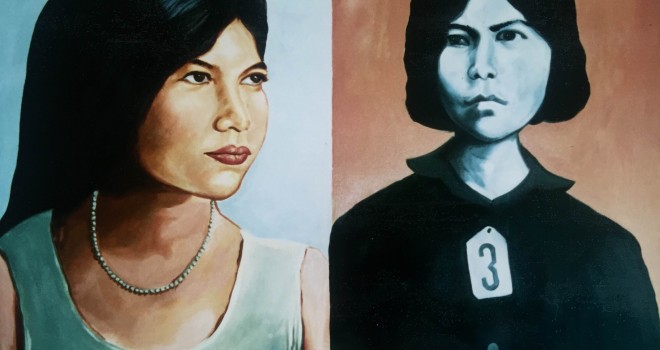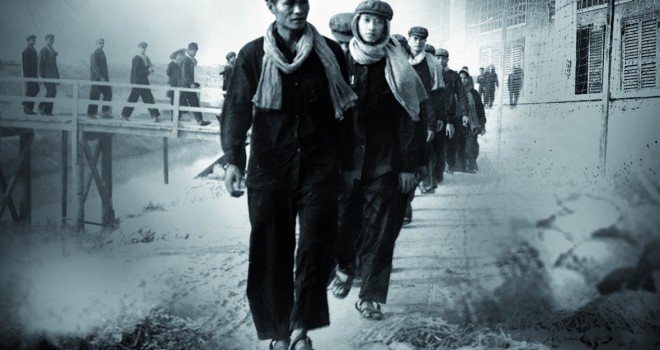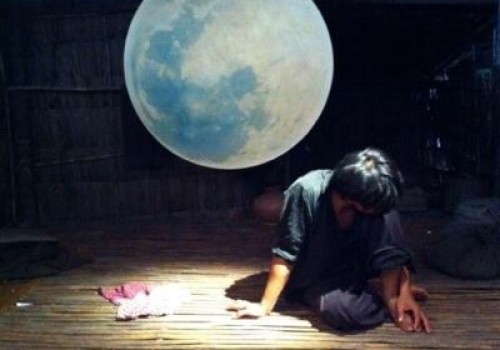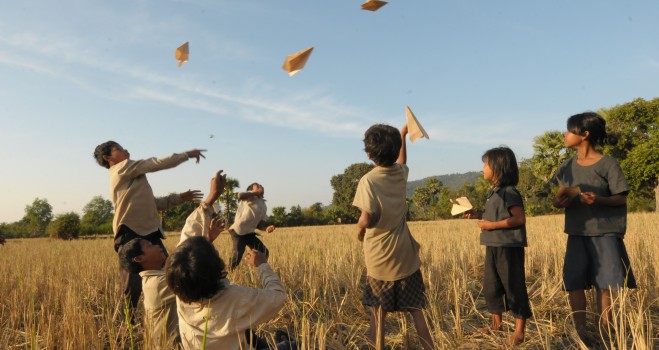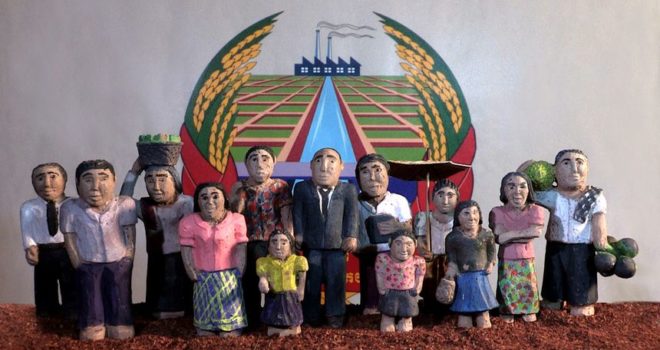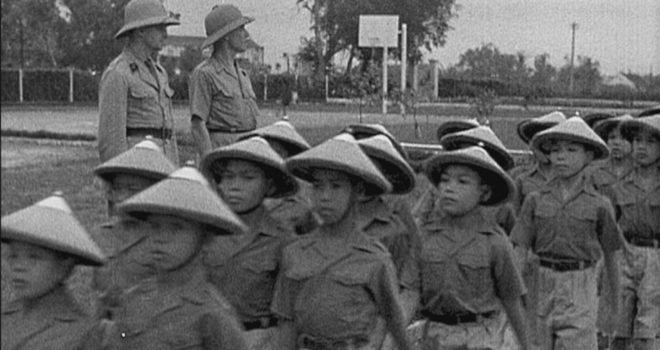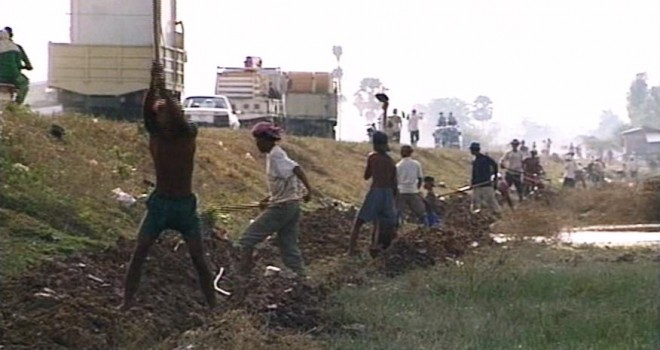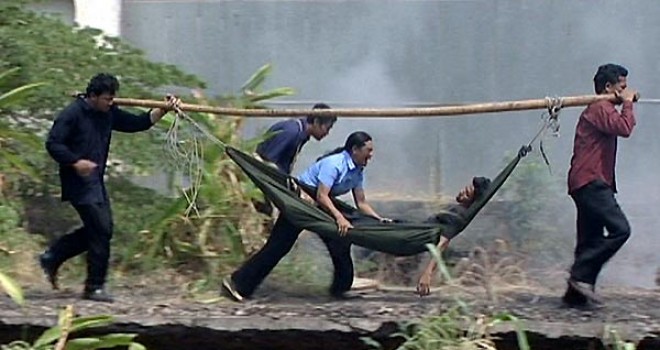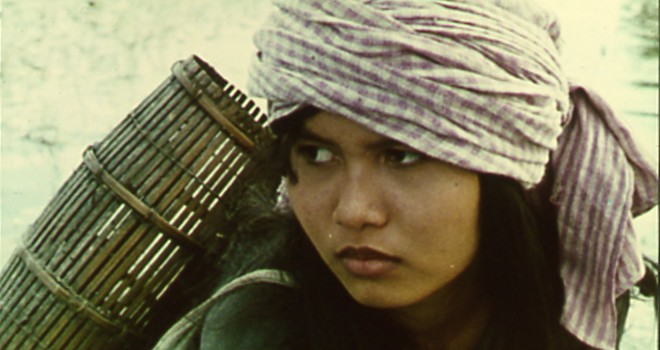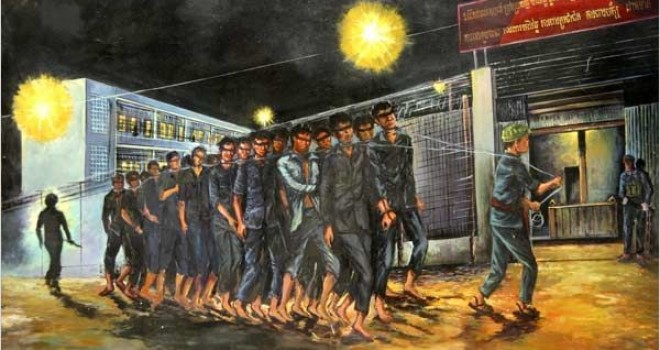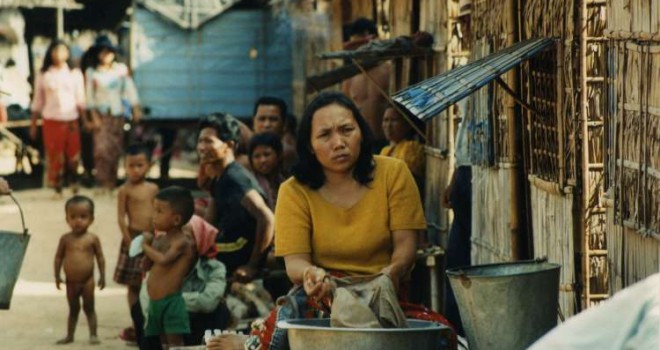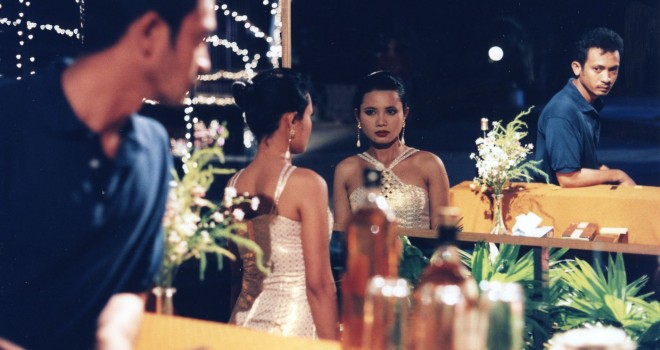Creating an œuvre. What does this mean? Firstly, that if we direct our gaze to the vast horizon of contemporary cinema, that this has become even broader since the transition to digital and we see more films reaching out to us, some for a short while, others more lastingly. Secondly, that it is rarer to come across a succession of films which afford their filmmaker a place that one is tempted to describe as a landmark, insofar as his or her propositions enjoin us to (re)think what constitutes the functions and possibilities of cinema. Such is the place that we should give to the œuvre of Rithy Panh and to the challenge, the colossal need, of having to construct the historical account of the reality of the Cambodia genocide perpetrated by the Khmer Rouge between 1975 and 1979. He is a survivor who has given his films the job of detailing, revealing, naming and understanding the infernal organisation of this killing machine, its logic, its workings and its pragmatic and irrevocable resolutions. Although his work is still ongoing, it has recently shown a new direction – yet another. It reveals with sobriety a personal story, the space of a biographical “I”, in an unbreakable proximity to the dead – those that his cinema has unearthed in a fight against oblivion or a revision of history, in order to restore to them a crushed humanity and offer them a grave freed from the anonymity of number. It is precisely at this point of his trajectory, when he published The Elimination (2011) co-authored with Christophe Bataille and made The Missing Picture (2013) and his recent Exile (2016), that we propose together with Rithy Panh to revisit his films. His fictions, too often forgotten, and documentaries. Placing ourselves on the dividing line that they have created between words and images, or their absence, between past and present, the living and the dead, imagination and thought (are they separable?), we explore the different states of an obstinate quest and these forms of expression. In What is Cinema?, André Bazin posits that cinema is the only art capable of showing the passage from life to death. In Rithy Panh’s theatres of memory, bygone presences acquire, on the horizon of the living, a knowledge that they assign to them. As for Rithy Panh, he manages to bring back life, or as André Malraux once said, to remind us that art is the only thing that resists death.
Jérôme Baron
In collaboration with l’Institut d’Histoire du temps présent/CNRS.



